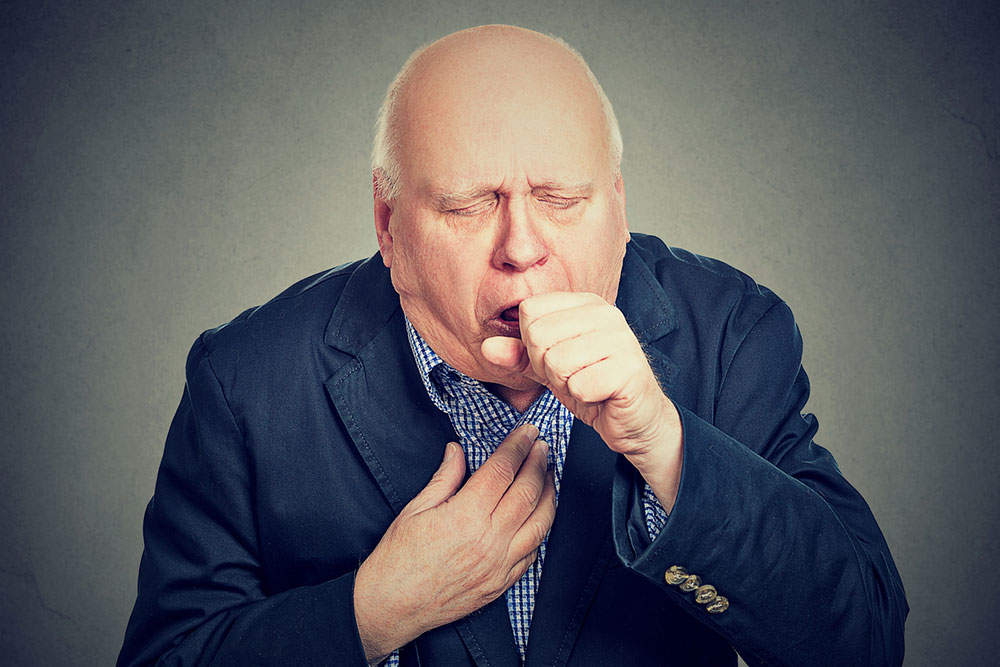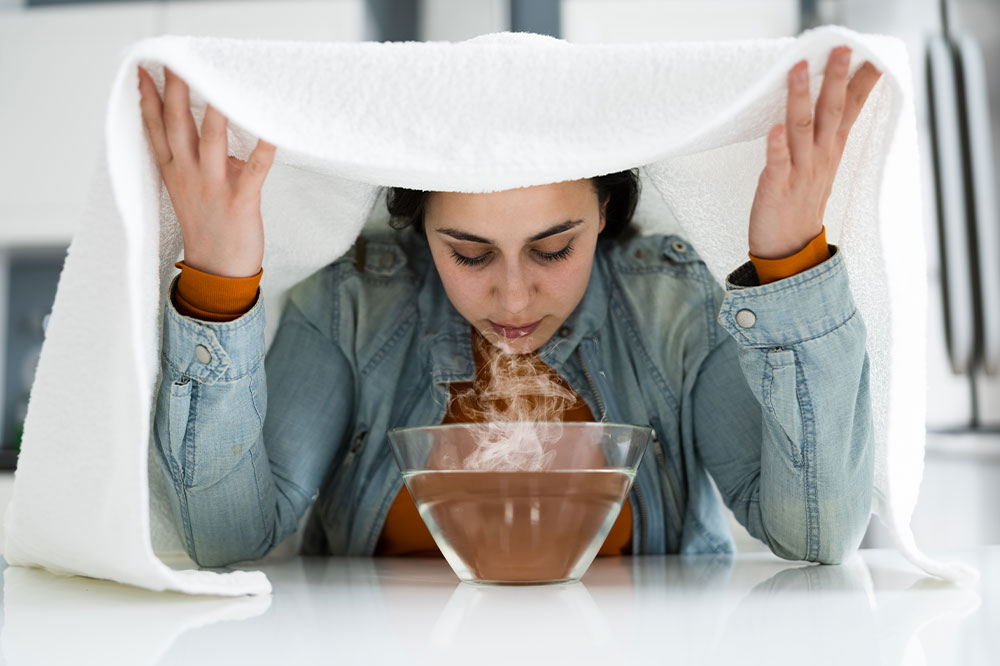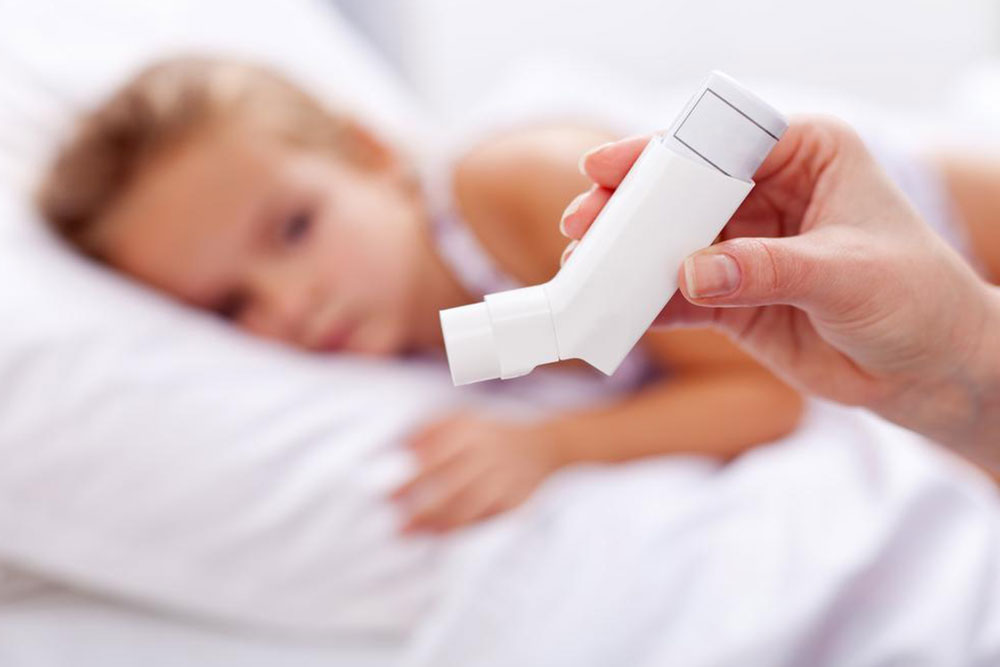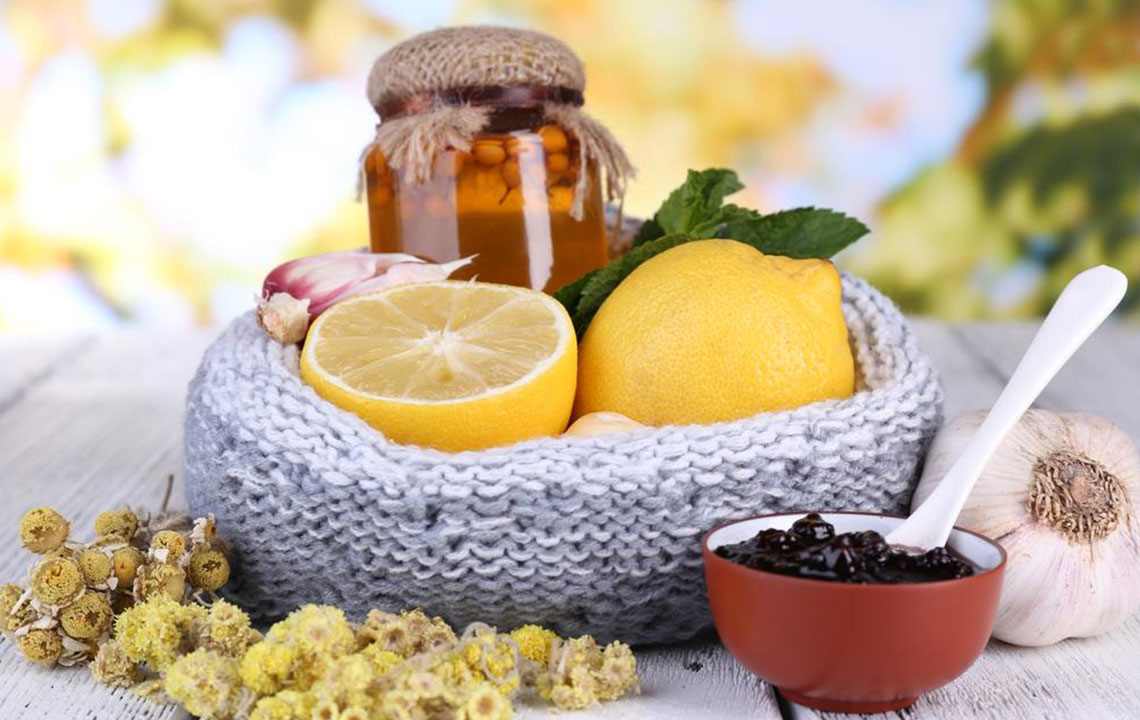Effective Strategies to Ease Pneumonia Symptoms
Learn practical methods to alleviate pneumonia symptoms and support recovery naturally. This guide covers treatment options, early warning signs, lifestyle adjustments, and natural remedies to manage and recover from pneumonia effectively. Recognizing symptoms early and following medical advice can prevent complications and promote quick healing.
Effective Strategies to Ease Pneumonia Symptoms
Pneumonia is typically caused by bacteria, fungi, or viruses, leading to inflammation in the lungs. Common symptoms include fever, chills, cough, and breathing difficulties. Often mistaken for the flu, untreated pneumonia can result in serious complications. Recognizing early signs and seeking prompt medical attention are crucial for effective management. Timely treatment reduces the risk of organ failure and prevents condition progression, ensuring better recovery outcomes.
What is pneumonia?
It involves inflammation of the lung’s air sacs, which can vary in location and severity depending on the type. Some forms target other lung areas, affecting breathing and overall health.

Beyond fever and cough, pneumonia causes lung inflammation, fluid buildup, and breathing challenges. Prolonged cases weaken immunity, heightening susceptibility to other illnesses. Young children and seniors over 65 are especially vulnerable. Recognizing symptoms early and consulting healthcare providers can prevent complications and support recovery.
Common signs include chest pain, shortness of breath, confusion, persistent cough, high fever, sweating, chills, fatigue, vomiting, nausea, and diarrhea. Prompt diagnosis is vital for effective treatment.
Treatment plans depend on pneumonia type, cause, patient age, symptom severity, and overall health. Viral pneumonia might require antivirals, coupled with rest and fluids for mild cases. Severe infections, particularly in elderly or hospitalized patients, may need intensive care, oxygen therapy, and IV medications. Early intervention typically leads to full recovery.
Natural remedies can assist recovery by supporting the immune system. Staying hydrated with water, broths, and natural fruit juices helps flush toxins and prevents dehydration. Gentle activity like walking or yoga post-recovery aids lung healing. Adjusting lifestyle habits, including breathing exercises and nutritious, protein-rich diets, can accelerate healing. Completing the entire course of prescribed treatment is essential to avoid relapse or antibiotic resistance.










